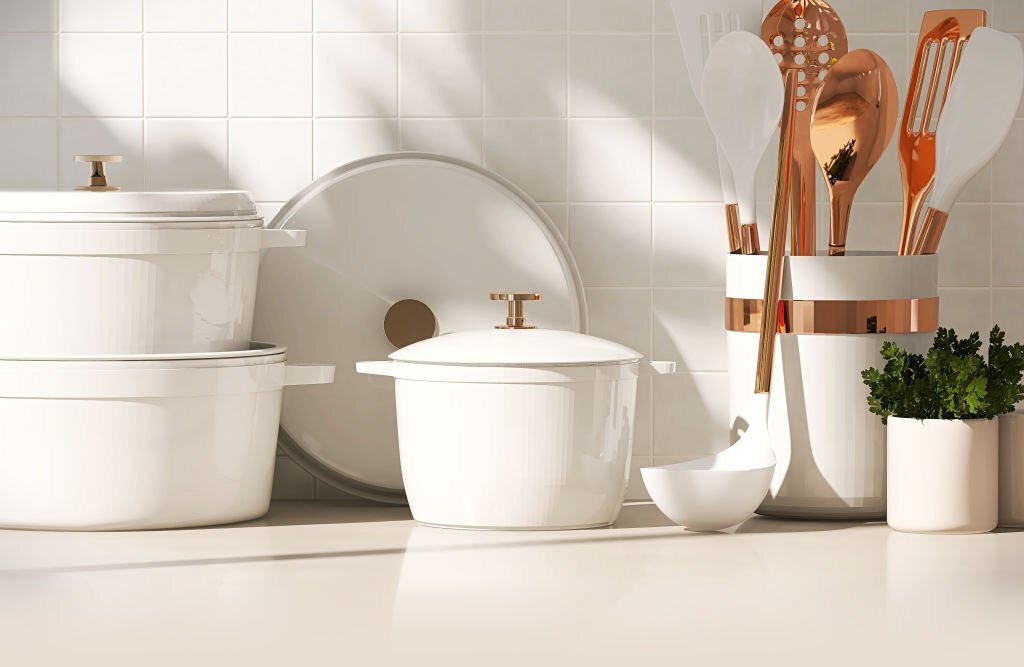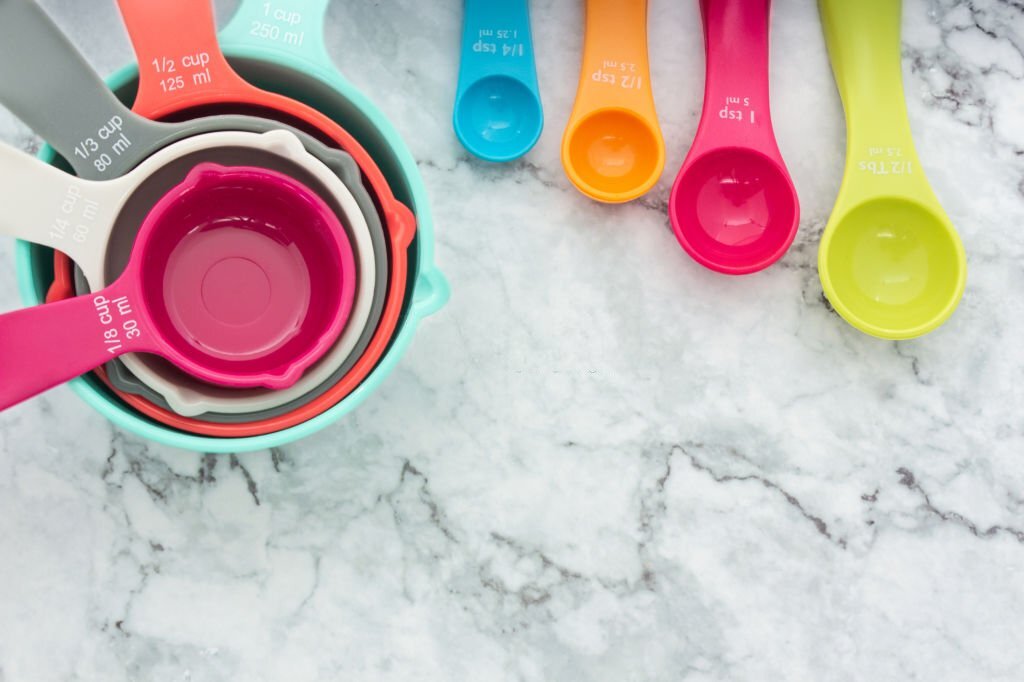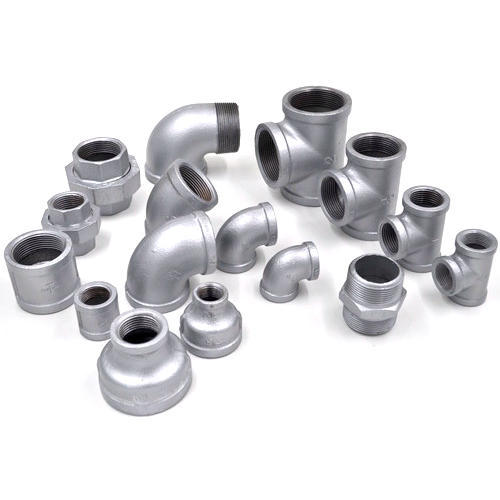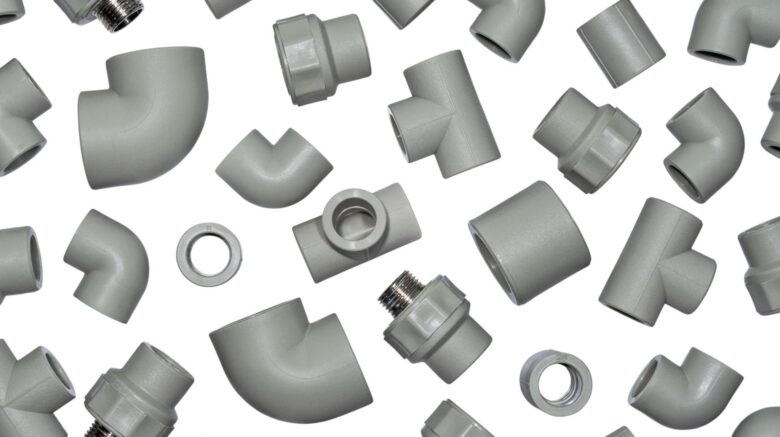Selecting the right kitchenware is crucial for a well-equipped and efficient kitchen. With a plethora of options available in the market, Malaysians may find themselves overwhelmed when it comes to making the right choices. This comprehensive guide aims to provide essential tips and insights about how to choose the right kitchenware that suits their needs, style, and budget.
Understand Your Needs and Cooking Style
Before diving into the world of kitchenware, it is essential to assess your needs and cooking style. Are you a casual cook who enjoys whipping up quick meals, or do you love experimenting with complex recipes? Understanding your preferences will help you determine the type of kitchenware you require.
Consider the Material
The material of the kitchenware greatly impacts its performance, durability, and even the taste of your dishes. Common materials used in kitchenware include stainless steel, aluminum, cast iron, and non-stick coatings. Stainless steel offers durability and versatility, while aluminum provides excellent heat conductivity. Cast iron is perfect for slow cooking, and non-stick coatings are ideal for low-fat cooking. Choose the material that best complements your cooking needs.
Quality and Durability
Investing in high-quality kitchenware is essential for longevity and consistent performance. While it may be tempting to opt for cheaper options, they might not withstand the test of time and can lead to frequent replacements, which can be more expensive in the long run. Look for reputable brands with positive reviews and long-lasting materials.

Size and Capacity
Consider the size and capacity of the kitchenware items you need. For pots and pans, choose sizes that match the number of people you usually cook for. Small families may prefer smaller saucepans, while larger families may require bigger ones. Similarly, choose the right size for cooking utensils, cutting boards, and storage containers.
Heat Conductivity
Efficient heat conductivity ensures even cooking and prevents hot spots that can lead to unevenly cooked food. Copper and aluminum are excellent conductors of heat, making them ideal choices for pots and pans. Non-stick cookware often includes aluminum cores for this reason. Understanding heat conductivity will help you select kitchenware that optimizes your cooking experience.
Ergonomics and Comfort
Comfort and ergonomics play a significant role, especially if you spend a lot of time in the kitchen. Handles of pots and pans should be comfortable to grip and remain cool during cooking. Lightweight kitchenware is easier to handle for some, while others may prefer heavier items. Take these factors into account to ensure a pleasant cooking experience.
Compatibility with Cooking Surfaces
Ensure that the kitchenware you choose is compatible with your cooking surfaces. For example, induction cooktops require magnetic materials like stainless steel or cast iron. If you have a glass or ceramic stovetop, avoid using rough-bottomed cookware that can scratch the surface.
Conclusion
Choosing the right kitchenware is a vital step towards creating a functional and enjoyable cooking space. By understanding your needs, considering materials, prioritizing quality and durability, assessing size and capacity, evaluating heat conductivity, and focusing on ergonomics and compatibility, Malaysians can confidently select kitchenware that enhances their cooking experience. Invest wisely, and your kitchenware will serve you well for years to come. Happy cooking!
















